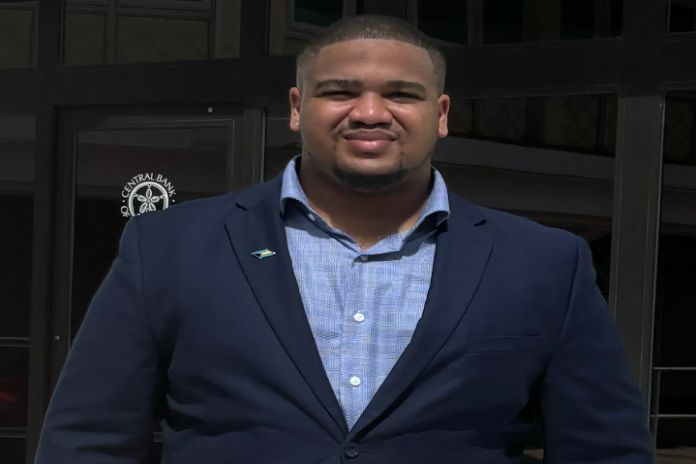By Liam Miller
[Earlier this week], hurricane Beryl made its official landfall in the Eastern Caribbean. Thus far, the Category 5 storm has ravaged the Eastern Caribbean islands and resulted in several fatalities. Given hurricane Beryl’s unprecedented strength and timing early in the Atlantic hurricane season, many throughout the Caribbean, especially Bahamians, fear the future.
For Bahamians, hurricanes serve as a potent reminder of our resilience in adversity, a testament to our strength and determination. They underscore that climate change is not just an environmental issue but a profound socio-economic challenge that exposes climate poverty, a challenge we are ready to face head-on.
On a macroeconomic scale, hurricane Dorian resulted in over $3 billion in damages, equivalent to a quarter of The Bahamas’ GDP. However, the impact at the microeconomic level was equally devastating. Homes were obliterated, with marginalized communities, such as those residing in areas such as The Mudd in Abaco, suffering the most. These communities lacked the proper disaster-resilient infrastructure to withstand hurricanes and the financial resources needed to relocate and rebuild their properties.
Hurricanes also strike at the wallets of Bahamians, threatening to push more people into poverty. Often, homes are uninsured or underinsured, leaving families in financial ruin. Climate poverty, a condition where individuals lack the resources to combat the adverse effects of climate change, is not solely about income levels but also about systemic barriers such as limited savings and inadequate infrastructure.
The aftermath of hurricanes like Dorian also forces us to confront the reality of climate migration. Over the past decade, there has been a notable migration from the Family Islands to New Providence, driven by the increasing frequency and severity of hurricanes. This migration underscores the intersectionality between hurricanes and climate poverty, emphasizing that climate change is as much a socio-economic concern as it is an environmental one.
Economists Esther Duflo and Abhijit Banerjee have theorized about the “poverty trap,” a cycle where individuals remain impoverished due to systemic barriers. In the Bahamian context, this poverty trap includes continual hurricanes, which strip away the limited resources people have. The disproportionate impacts of Hurricane Katrina on African American communities in Louisiana serve as a historical parallel to the challenges faced by marginalized communities in The Bahamas today. This theory underscores the urgent need for systemic change to address the socio-economic impacts of climate change in The Bahamas.
Residents in flood-prone areas like Pinewood and Fox Hill are particularly vulnerable, as their homes are at high risk of destruction. Hurricanes inflict infrastructural damage and significant economic costs, which slow economic growth and lead to job losses.
While many Bahamians can afford to buy enough food, water, and other supplies to weather a hurricane, this conversation is a luxury for many others. Slowed economic growth from hurricane damage can lead to job losses and increased financial instability for vulnerable populations.
The Disaster Risk Management Act of 2022, a significant legislative step in addressing climate poverty, grants the Bahamian government the authority to establish legal, institutional, and regulatory frameworks for disaster risk management. Implementing proactive measures, such as robust building codes and zoning regulations, which ensure that homes and buildings in flood-prone communities are stormproof, is a crucial step. These measures provide reassurance and confidence in the government’s actions. Additionally, randomized controlled trials (RCTs) can help compare the outcomes of disaster risk adaptation and mitigation efforts in hurricane-prone communities.
Reactive measures should include strengthening conditional cash transfer programs that provide immediate financial support to families most impacted by hurricanes. In conjunction with the existing Emergency Relief Guarantee Program (ERGP), which provides emergency financial support to individuals and businesses affected by disasters, policymakers must establish a dedicated disaster risk insurance entity. This insurance entity, separate from the National Insurance Board (NIB), would cover damages for individuals and businesses through proactive resilient building and additional reactive emergency financial support.
Addressing climate poverty requires recognizing that hurricanes and other climate-related disasters are not just natural events but significant socio-economic disruptors. By implementing proactive and reactive measures, we can better protect our most vulnerable communities and build a more resilient The Bahamas in the face of a changing climate.





